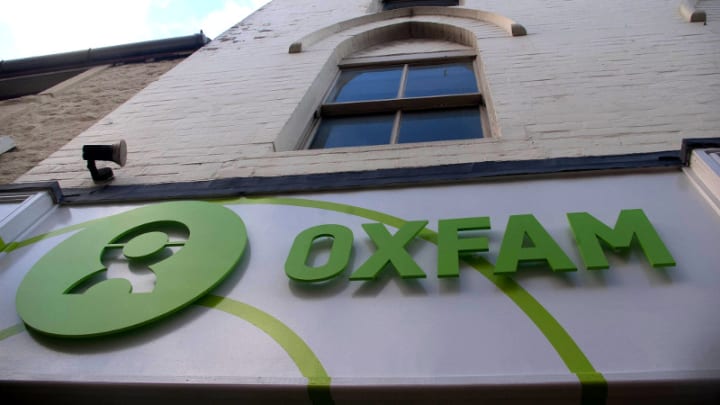
BRUSSELS — The Swedish development agency Sida announced 10.2 million euros ($12.6 million) in humanitarian support for Oxfam this week, becoming the first agency to resume funding for the charity since accounts of sexual misconduct by some of its staff in Haiti in 2011 emerged last month, prompting some donors to withhold from signing new agreements.
Susanne Mikhail Eldhagen, director of Sida's humanitarian aid arm, said her agency had asked Oxfam what safeguarding measures it had put in place since the events in Haiti, where employees working on recovery efforts after the 2010 earthquake were found to have sexually exploited local women. The charity says it implemented a host of new measures after discovering the abuse.
See more related topics:
► Breaking: Oxfam to withdraw from DFID bidding 'until ministers satisfied' with reforms
► USAID chief orders review of all current Oxfam agreements
► Oxfam sexual abuse scandal: Are the aid sector's HR systems failing?
"Oxfam has been able to show that they have strong rules and routines that work in practice,” Eldhagen said. She added that the decision to resume funding is important for hundreds of thousands of people helped by the charity. “Fundamentally Oxfam is a good organization that does an impressive job. We know that they take these issues seriously."
Oxfam said the three-year partnership will allow it to provide humanitarian aid to 280,000 people in western Sahara, Central African Republic, Chad, the Democratic Republic of the Congo, and Iraq. The money will also go toward Oxfam’s rapid response mechanism, designed to react to sudden onset emergencies.
The decision on the partnership had been “postponed,” Oxfam said in a press release, while Sida reviewed its policies and practices around safeguarding.
“We have been working closely with Sida to respond to its concerns,” said Franc Cortada, program director for Oxfam International. “We have opened our books and shared our commitment to root out sexual abuse wherever it occurs and we are absolutely determined to protect the communities we support, and our staff and partners.”
Various donors reconsidered Oxfam funding after newspaper reports made the abuse public, and alleged that Oxfam had failed to fully disclose the nature of the incidents at the time.
The United States Agency for International Development ordered a review of its agreements with the charity, as Devex reported, while Oxfam agreed to withdraw from bidding on new funding from the United Kingdom’s Department for International Development.
The European Commission also put on hold the signing of new development and humanitarian contracts for all Oxfam affiliates while it assesses whether the organisation has sufficient internal procedures to prevent abuse. A spokesperson for the Commission said the suspension of new agreements remains in place, and did not put a date on when this would be lifted.
Not all donors have frozen new agreements, however.
Oxfam strengthened its safeguarding measures following the incidents in 2011, and has announced a suite of further reforms since the scandal broke. These include the creation of an independent commission of female leaders to collect past allegations of abuse and issue recommendations; mandatory safeguarding training for staff; and the establishment of an independent, external whistleblowing line.
A group of major international NGOs, including Oxfam, also agreed on a safeguarding action plan at a summit hosted by the U.K. government earlier this month.




